What roles do we find on a nonprofit organisation’s executive board? In what way do they make internal participation easy or difficult? Roger Buch gives us some ideas.
Internal participation in a nonprofit organisation embraces many aspects, all of which are important. Today we discuss the profiles we should bare in mind when appointing an executive board for a nonprofit organisation.
Even if for some nonprofit organisations it is quite normal to have several candidatures in elections, in many cases it takes moving heaven and earth to appoint an executive board. Those behind a candidature make an effort to find people and “bring them onboard” their project. But choosing them isn’t enough; you need people who are committed and willing to do the job. Also, it’s important to think of a balanced board, meaning that, on a board, you must be able to identify the different profiles in a nonprofit organisation. For instance, this balance will usually be based on age and gender. Big efforts are put into finding a balanced board, with a proportion of men and women, young and not so young, in a way that will reflect the social base of an organisation. Hence, is initially the spontaneous candidatures are of a certain profile, very often it take the effort of convincing other profiles to join; they are there, but maybe they aren’t that willing to join the executive board. And in the case of larger organisations, they strive to maintain a territorial or ideological balance.
This is all very well if it must be, and we know too well how difficult it is. But…more importantly that who you are or what you represent, what is also important in an executive board is what you are there for. In other words, you’re not on the board to act as a “man”, a “senior” or a “place”, you’re there for a different reason. So, what are the profiles we’re after for an executive board? Sometimes we tend to look for a specialist for each of the fields in our organisation, or taking into account the organic tasks they will be performing. But beyond thinking about the posts or people in charge of projects, it would be good for an executive board to include, especially, these three profiles: hard-working, strategist and relational.
Hard-workers must have time and must be good at working and executing projects. In other terms, between one executive board meeting and the next they have to dedicate many hours of their work to do follow-up and organise activities. This will depend on their age, and family and work commitments; if we consider that being a board member is done on a voluntary basis, not everyone can be equally hard-working at all times in life…
Strategists have good ideas and are insightful. Maybe the don’t work (or talk) a lot, but when they do talk, they can be extremely clear and creative when it comes to assessing what is happening in society or suggesting what stance to take in any given debate. Strategist are good at unblocking a situation; this may be because they have a long experience or, on the contrary, because they haven’t been contaminated by the organisation’s routines and are clear thinkers.
Relationals are those who have contacts, who know many people, both former members of the association’s board and people in other organisations. They are the ones who, by making a phone call, can unblock certain situations or get in touch with another organisation they know. They may not have much time or be brilliant, but having someone like this on the board can, at a certain moment, contribute all sorts of resources.
Having a good balance between hard-workers, strategists and relationals can guarantee success for an executive board. You may be a young woman living in a large city, and can contribute a special touch for what you are and represent, but above all you are there to work, come up with ideas and forge relationships; or, in some cases, maybe even all three things at the same time.


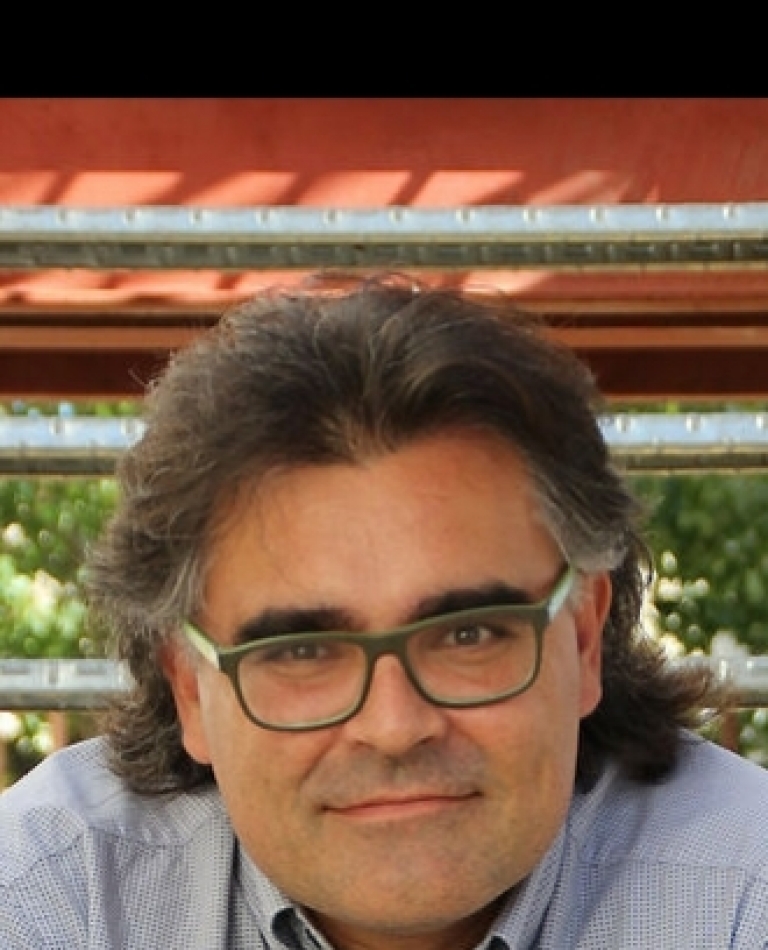
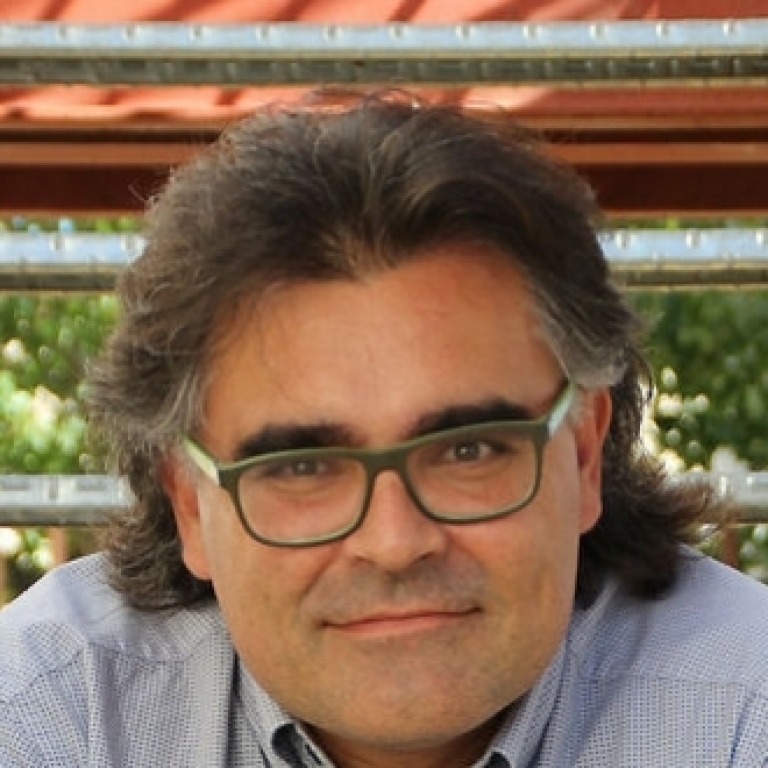
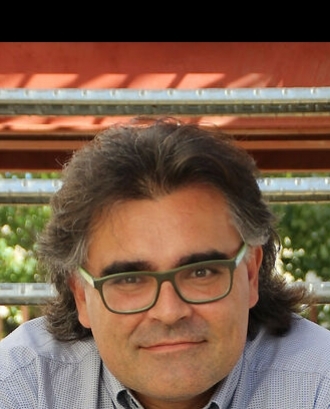


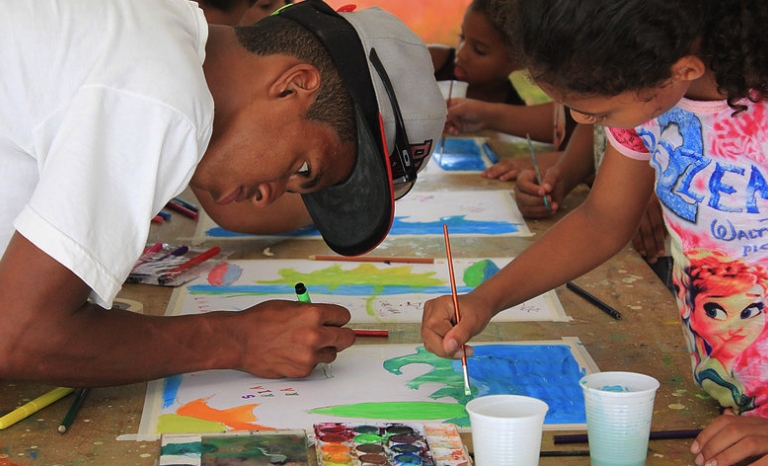
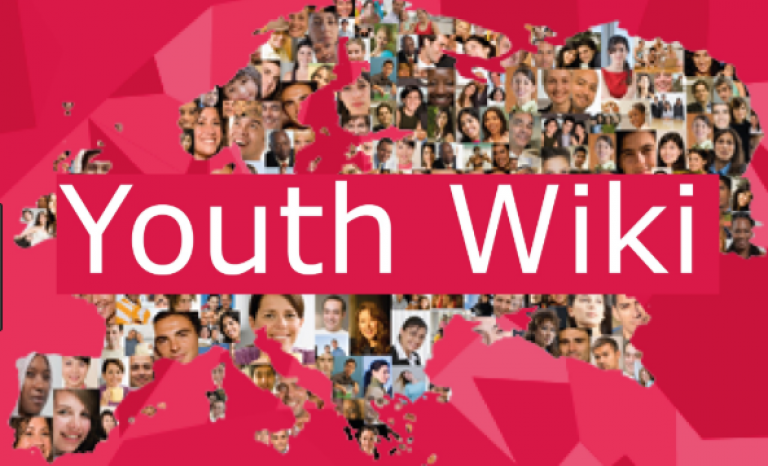



Add new comment